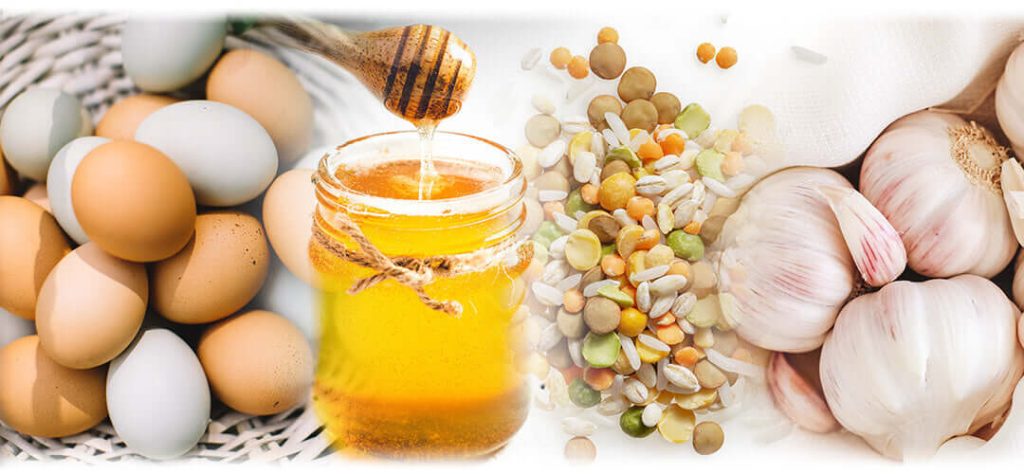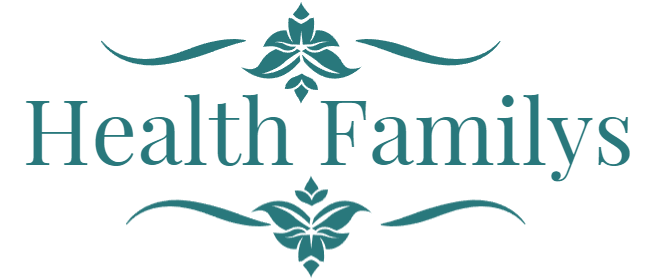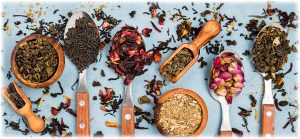Who’d have thought Mother Nature could cause so much chaos?
Sneezing, coughing, watery eyes and a runny nose are all common symptoms of hay fever, and for many, antihistamines are the best remedy. But did you know there are also nutritional ways to prevent and curb your symptoms during allergy season?
What is Hayfever?
Hay fever, also known as allergic rhinitis, is an allergic reaction that occurs when the immune system overreacts to specific allergens, such as pollen, dust or pet dander. When these allergens enter the body, they trigger the release of histamine and other chemicals, causing symptoms such as sneezing, runny nose, nasal congestion, itchy eyes and throat irritation.
Hay fever is a common condition that affects millions of people worldwide, and its symptoms can range from mild to severe, depending on the individual and the type of allergen. While it’s not life-threatening, it can significantly impact your quality of life and may interfere with daily activities.

Six Nutrition Tips to Help with Hayfever
While many medications are available to help manage hay fever symptoms, proper nutrition can also significantly reduce the severity of the symptoms. Here are six nutritional tips to help you manage hay fever symptoms and improve your overall health and well-being.
Whether you’re looking for natural remedies or want to supplement your medication, these tips can help you feel better and enjoy the outdoors without fear of hay fever:
Eat more fruit and veg
A diet high in fruit and vegetables could reduce your hay fever symptoms. Vitamin C, found in citrus fruits and vegetables such as broccoli and kale, is a natural antihistamine, so make sure you have your five-a-day.
Try honey
Many hay fever sufferers have said their symptoms ease when they have a spoonful of local honey daily. There isn’t enough scientific evidence to back this up or for honey to replace an antihistamine. However, it may help ease your symptoms.
Watch your grains
If your hay fever is triggered by tree pollen, you may also find you get mild reactions to wheat, rye and barley. Trialling a grain-free summer may help reduce your symptoms.
Cut down on dairy
Did you know that dairy products encourage the production of mucus? During allergy season, this will make your runny or blocked nose symptoms feel much worse. Try reducing your dairy intake, or even cut it out completely, and see how it affects the number of tissues you get through.
Eat more garlic
To help boost your body’s immune system, increase your intake of garlic. It is a good source of quercetin, a natural antihistamine, and acts as an anti-inflammatory. It also helps keep unwanted amorous advances at bay… and vampires, allegedly.
Ditch the sugar
Sugar is an immuno-suppressant that can reduce the body’s ability to fight allergens. Eating too many sweets and chocolate bars can weaken the immune system and increase inflammation, leading to more severe hay fever symptoms.

Reduce Your Intake of Histamine Producing Foods
While the above tips will help you minimise symptoms, avoiding histamine-producing foods is a surefire way of beating hay fever. Histamine is a naturally produced chemical involved in your immune response. However, in some people, histamine can trigger an allergic reaction which can worsen hay fever symptoms. When histamine levels are high, it can exacerbate the worst hay fever symptoms, such as sneezing, runny nose and itchy eyes.
Histamine is found in certain foods, and consuming it can increase your body’s histamine levels. Foods to avoid include aged or fermented foods such as cheese, sauerkraut and wine, smoked or cured meats and fish, and some fruits such as bananas, strawberries and citrus fruits.
To reduce your intake of histamine-producing foods and alleviate hay fever symptoms, you can try incorporating fresh foods into your diet, such as fresh fruits and vegetables, lean meats and fish. You can also opt for cooking methods that don’t involve ageing or fermenting, such as grilling, baking or steaming.
Additionally, try replacing histamine-producing foods with alternatives that are lower in histamine or histamine-free, such as rice milk instead of dairy milk and fresh herbs instead of spices. By reducing your intake of histamine-producing foods, you may be able to reduce the severity of your hay fever symptoms and improve your overall well-being.
How Supplements Can Help With Hay Fever
Symptoms of hay fever can range from mild to severe, often depending on the time of year and the individual in question. Fortunately, several supplements can help reduce symptoms of hay fever. One of the most effective methods is probiotics, which can help improve your immune system and reduce inflammatory responses. Probiotics also contain vitamins C and D, which can help reduce histamine levels and relieve hay fever symptoms.






